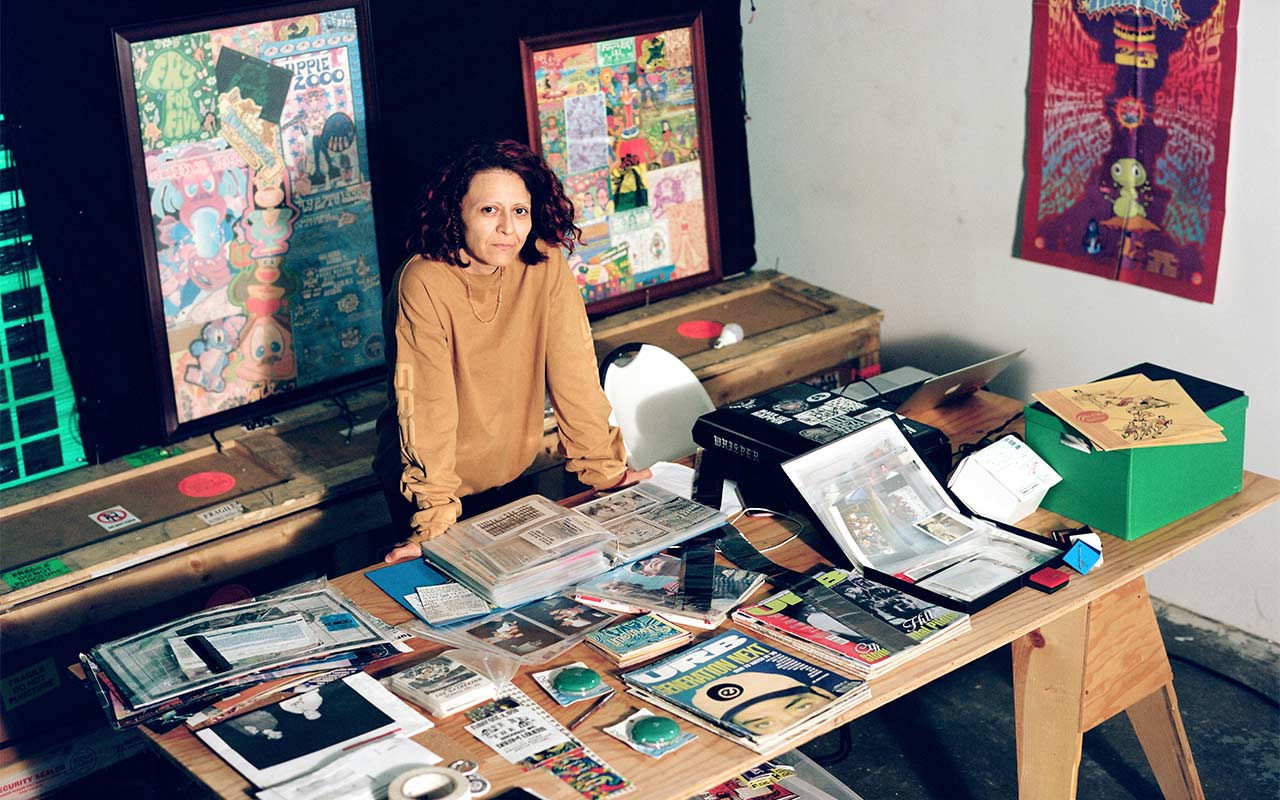
WTFIRGO — Guadalupe Rosales
Guadalupe Rosales grew up in 90s East LA going to raves and ditching parties. As a teenager in the scene, she noticed herself observing these moments and taking in her surroundings. That interest was later manifested in her need to archive that particular moment in time. Guadalupe didn’t see any representation of her experiences, and those that did exist, were typically newscasts about the dangers of ditching parties, essentially demonizing teenagers in her community. Through collecting materials like party fliers, film photos, magazines, and clothing from that time period, she’s preserving a history that was overlooked and often stereotyped. To showcase her collection of materials, Guadalupe created two Instagram archives: Veteranas and Rucas which explores the experiences of Chicanas in Southern California, and Map Pointz, a rave culture archive. She creates an accessible archive that is constantly being updated by follower submissions. By using social media as a tool for preservation, Guadalupe is able to engage in conversations with the very people who experienced those moments. These spaces to party and express identity were sacred and essential in community building. To Guadalupe, that history is just as important as any other.

 How would you describe yourself and your work?
How would you describe yourself and your work?
I'm an artist based in LA who works with archives. I preserve physical material people donate like party flyers, photographs, clothing. I think about our culture in LA, how it's so complex. It's not just stereotypes that you see on television. My work is about dismantling that idea. Our culture is so much bigger, so much more complex than what people know.
Where did you grow up?
When I was a teenager I lived in East LA off Whittier. I went to Schurr High School in Montebello.
What was it like growing up there?
My sisters and I were really close. We did a lot of things together. We went to school together, we partied together, we got our first tattoos together. We ditched school together. I also witnessed a lot of violence. Almost every weekend there was a drive-by shooting right in front of my house. But the front yard was where I hung out with my boyfriends and my friends. It was all these beautiful things happening and then they occasionally you would see a drive-by shooting.

 When did you realize you were creatively inclined?
When did you realize you were creatively inclined?
I think about the people I grew up with how if we had resources and things that were accessible to us, we could have been something else. I'm really lucky that I was able to explore being an artist, but there was so many people that I grew up with that were so talented and creative but maybe they didn't even know it. I think that for me it was more about feeling a little different. I remember we would go to parties I was just like watching people, taking information, more like observing what was going on. Now I put that into use.
At what point did you realize this could be your career?
My cousin was killed when I was 16 in 1996 and from there on it was a dark moment for me. When I was 19 an impulse drove me to buy myself a ticket to go to New York City not knowing anyone. I got myself a one-way ticket. Two weeks turn into a month then turned into a year and then three years and then it became my home. I started being more open about my queerness. I had my first relationship with a woman and started taking art seriously. Then in 2014 I applied to grad school. I remember telling the director from the Art Institute of Chicago that I didn’t have a diploma and I have never been to art school. I don't have a college degree. He was like, “Guadalupe I trust that you can do this, you should apply.” I got in and I got a full ride. I took that very seriously. That's when I started building this archive. The reason why why I started them is because I felt like people weren't really talking about it and I felt like it was just as important as any other part of history. And I was part of this history.
In 2016 when I took over LACMA’s Instagram page, it felt like, “Oh I have a skill that I could put to use. People want to know about this. ” I realized that I had something really unique and different I was coming into this project out of more like a need or desire for visibility, not thinking that I was gonna make this thing that was gonna take off. It was growing so much I started having conversations with people and I started seeing how important it was. I was like okay I really need to like sit with this and talk to people and move back to LA and have conversations face-to-face. The only way I could do that is if I took it very seriously and made it full-time. So I came back to LA. I've been here since 2016.

 Why are the materials you collect sacred?
Why are the materials you collect sacred?
I knew where my cousin died. When I started talking to my sister again years later about his death, she was at the party when he was killed. I remember I was on the phone with her and I was on my computer on Google Maps and I was like okay tell me where do you remember his body being found. She walking me through it. She's there's a playground and his body was dumped in the playground. I’m scrolling and there's a playground but it was a new playground. It wasn’t from the 80s. It was brand new. They remodeled it or something. That made me feel the erasure. It made me think about the city changing. Collecting these materials they’re charged. They're activated by touch, by our stories, by us walking, by us dying. There's blood everywhere. When something gets cleaned out or removed, that person's story is gone.
What inspires you about LA?
There's something about LA. It’s in the air or something. When I think about it LA, I don’t think of the landscape. It's more about how it feels. How the night feels like in LA is very different. The lights seem brighter. Driving on the boulevard at any time feels very relaxing to me. I still go back to my home from East LA and revisit and see the changes and what hasn't changed. I still go to the place where my cousin was killed. I go there myself, and there are moments where it feels like that time. I like to do things that bring back memory.

 What are some misconceptions about LA?
What are some misconceptions about LA?
It's not just Hollywood. People think that LA is just Hollywood. This is why I do what I do. Let's get in the nitty-gritty. But maybe we don't need to go there. Let people believe that it’s only Hollywood and we keep the uniqueness to ourselves.
What a perfect day in LA for you?
My perfect day is a stretch in the morning, listen to music, have coffee, and go for a walk. LA is just perfect for that. I love driving in the city and listening to music. The other thing that I like to do is drive with someone else and then talk about like locations.

 What’s your favorite LA song?
What’s your favorite LA song?
Ronnie Hudson & The Street People - West Coast Poplock
What advice would you give a young person growing up in East LA interested in doing something creative?
Pay attention to why you are a certain way. You're not weird or maybe you are and that's totally fine. When I started, I wasn't thinking about making money off of it or being in a gallery. I wanted to create something different that doesn't exist. That's what's gonna open up opportunities. I think it's really good when people try new things, take risks, fail but they don't give up.
Read More
-
06.25.21
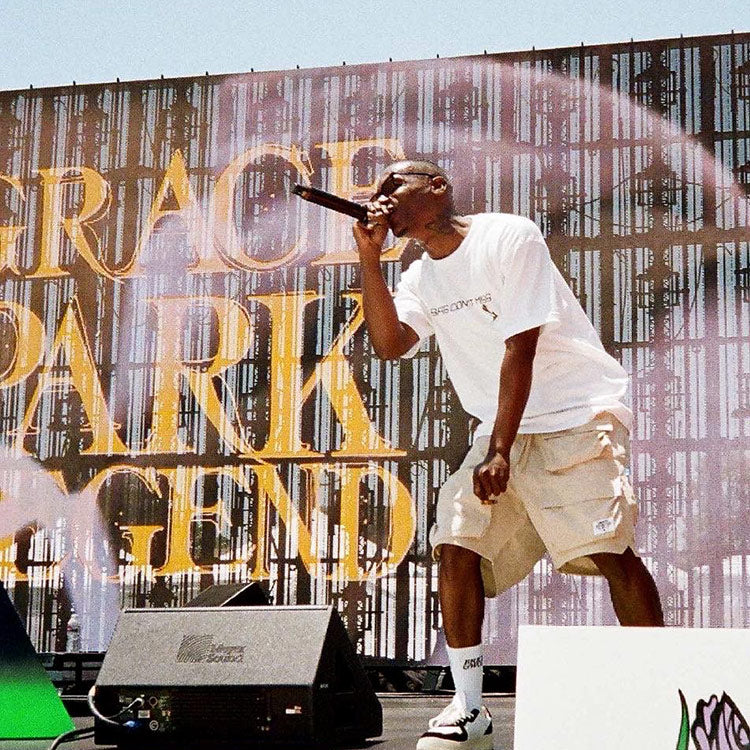
UNIFEST 2021
-
04.08.21
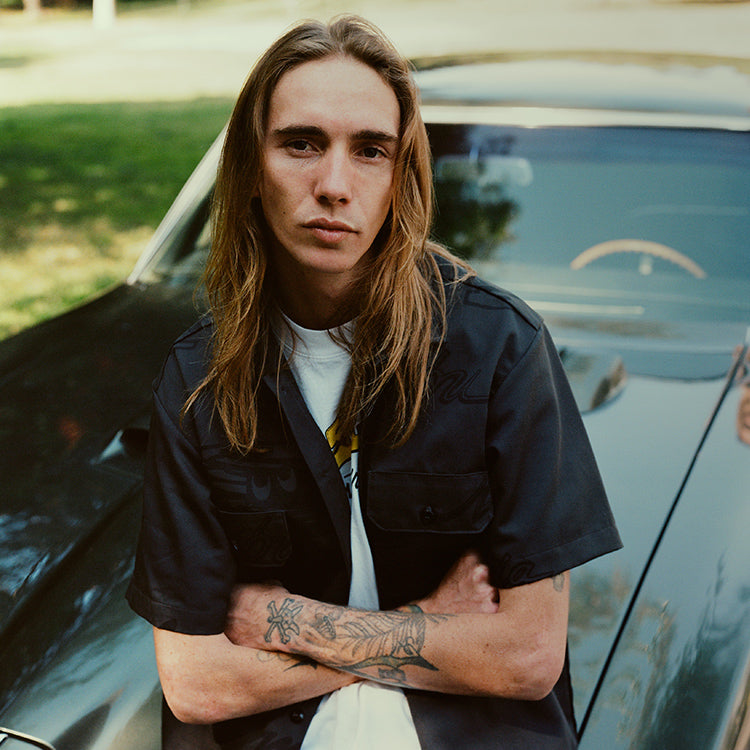
Spring 2021 Del 1
-
01.15.21
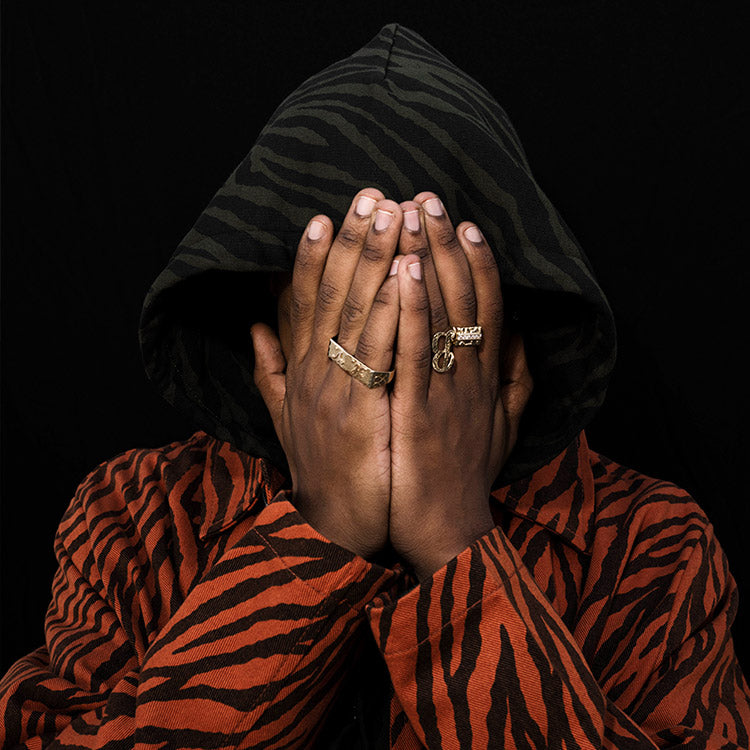
WTFIRGO — Robert LeBlanc
-
12.29.20
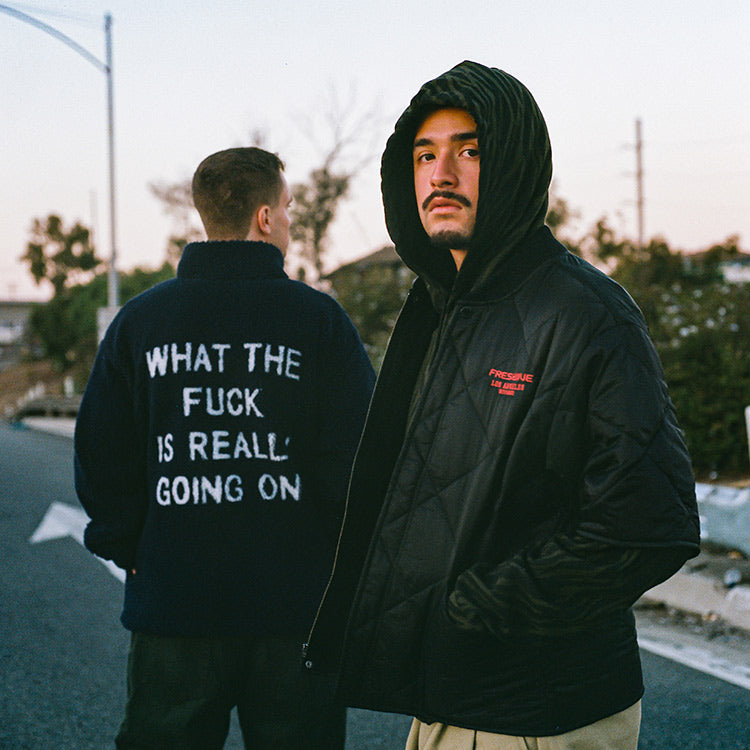
Fall 2 Look Book
-
10.28.20
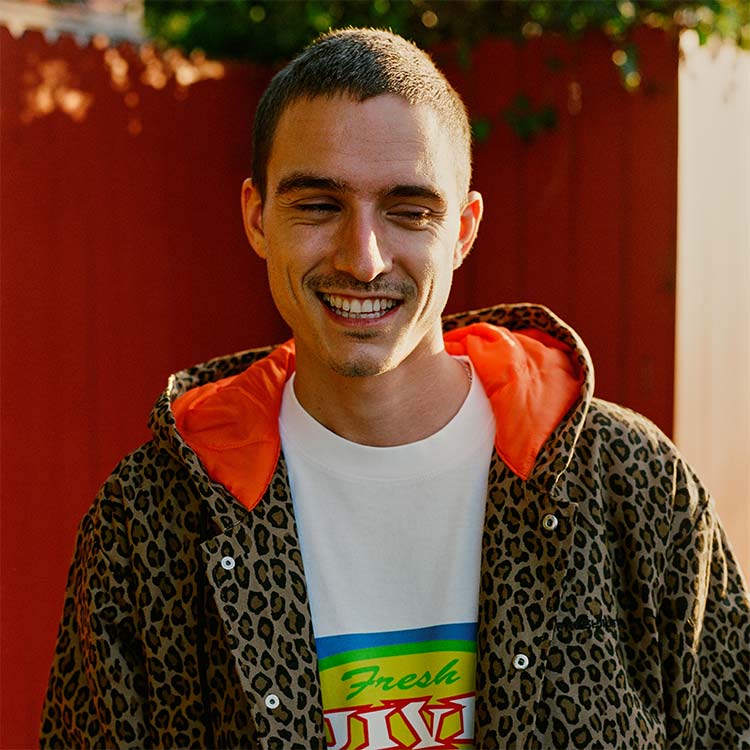
Fall 1 Look Book
-
07.30.20
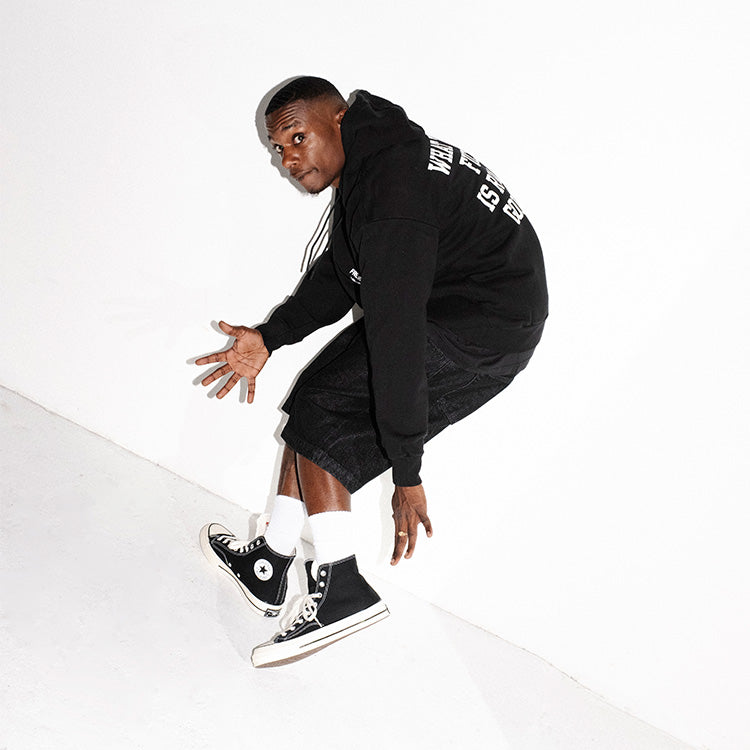
Summer 2020 Look Book #2
-
07.16.20
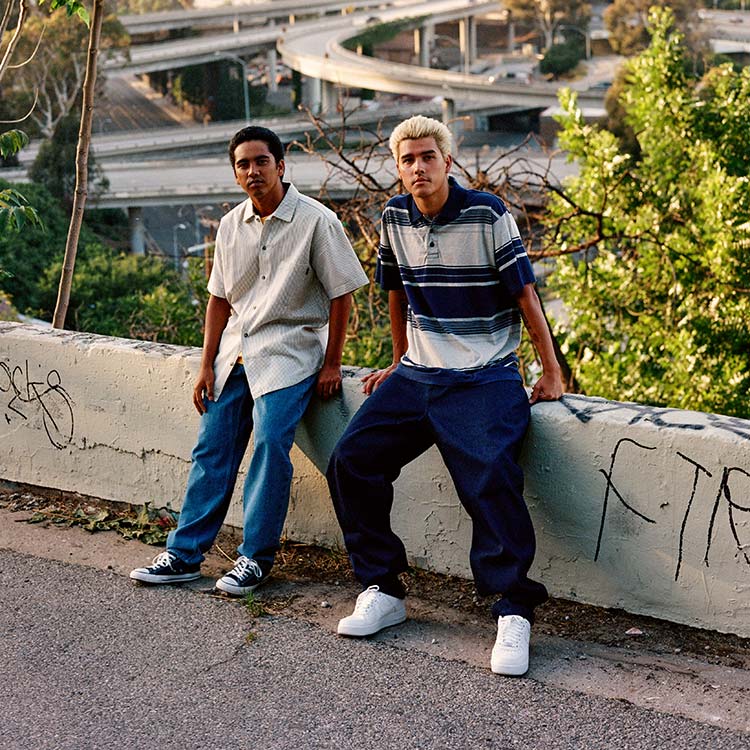
Summer 2020 Look Book
-
06.18.20
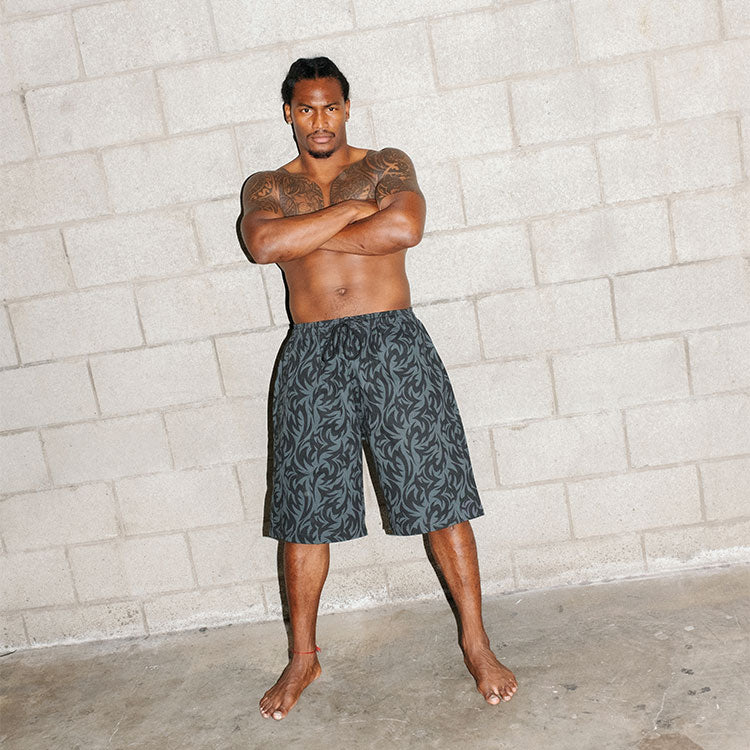
WTFIRGO — Israel Duffus
-
05.19.20
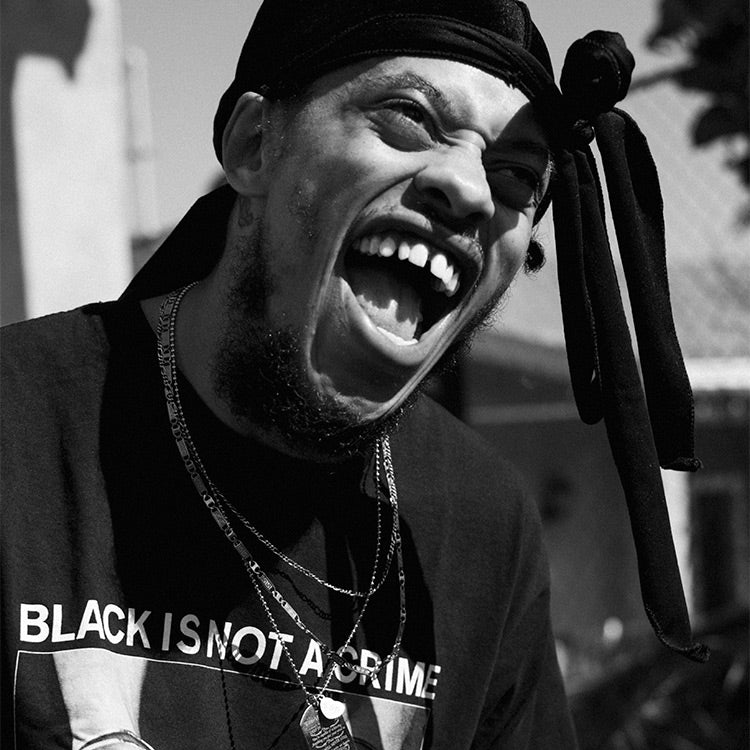
WTFIRGO — Pink Siifu
-
04.09.20
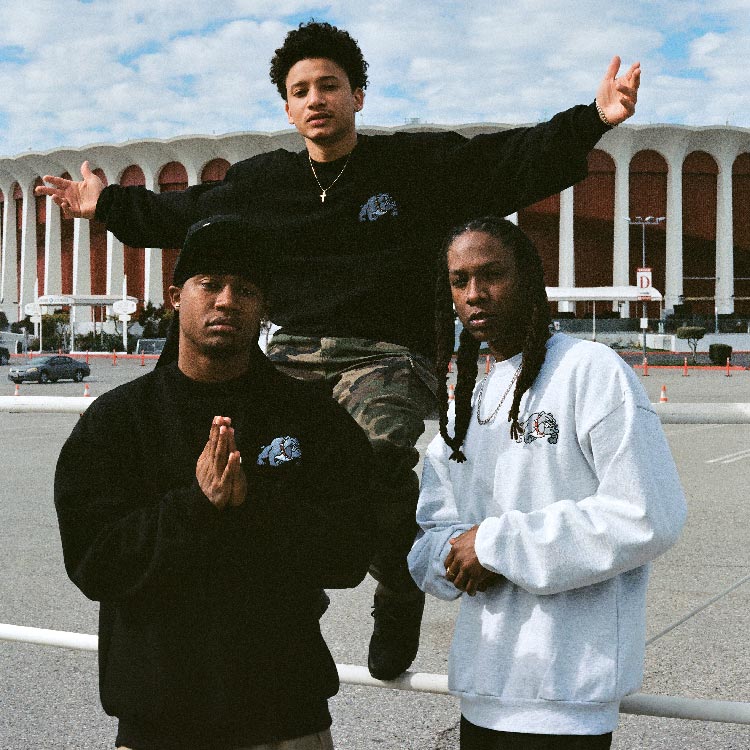
Spring 2020 Campaign #2
-
03.03.20
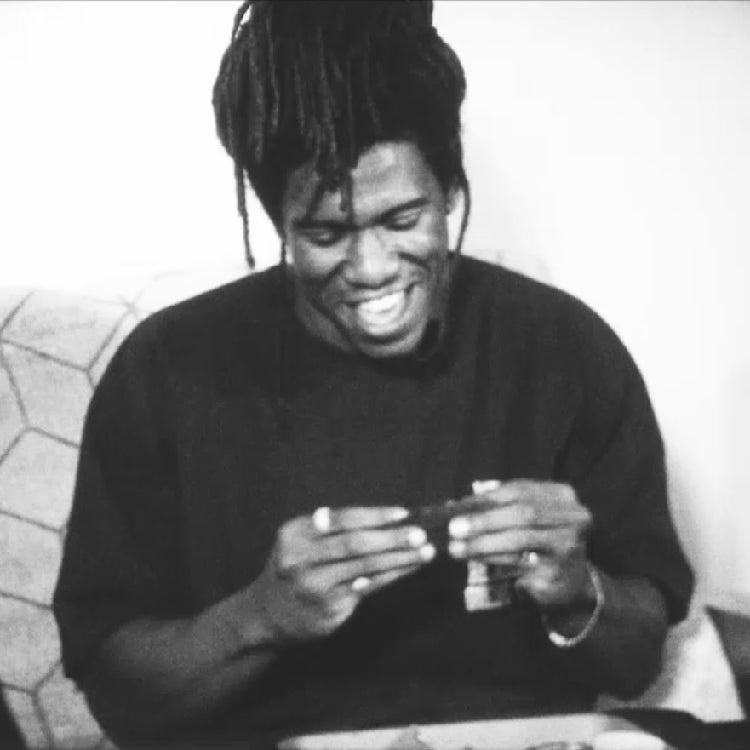
WTFIRGO News
-
02.20.20
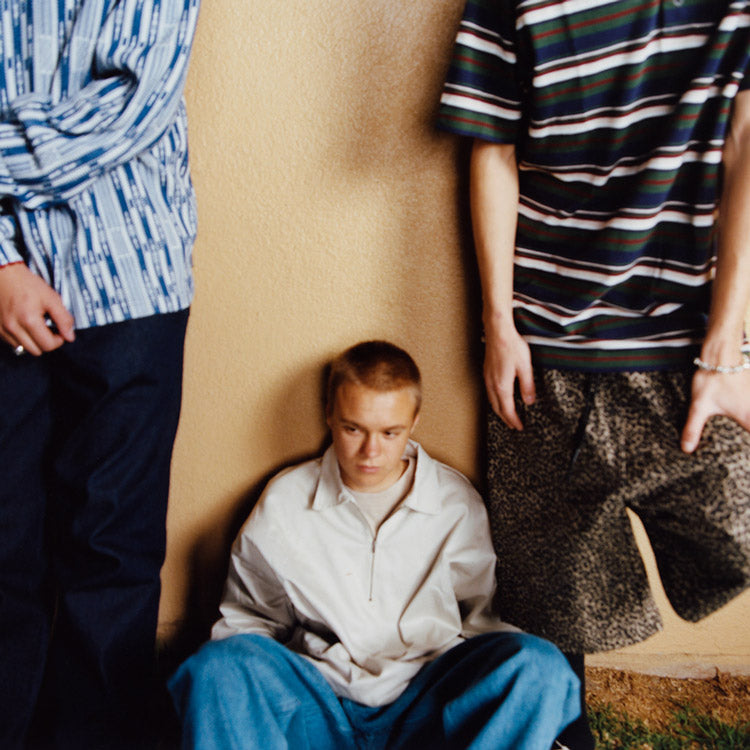
Spring 2020 Look Book
-
12.30.19
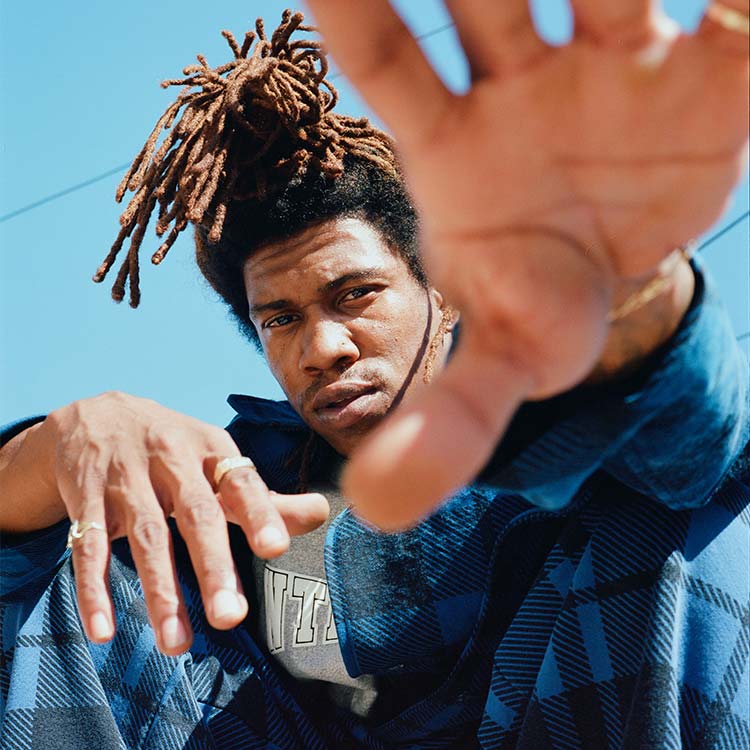
WTFIRGO — Seafood Sam
-
12.05.19
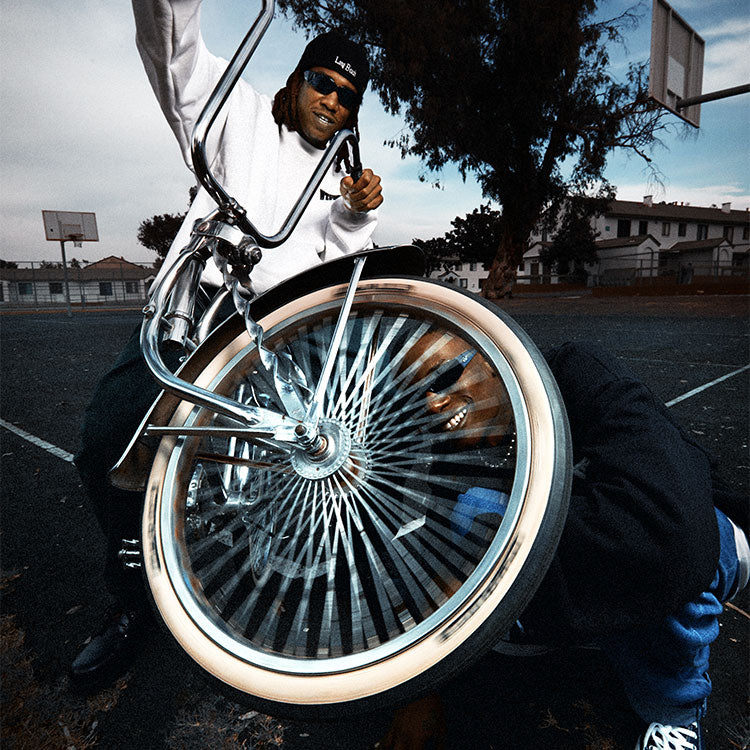
Holiday 2019 Look Book
-
10.02.19
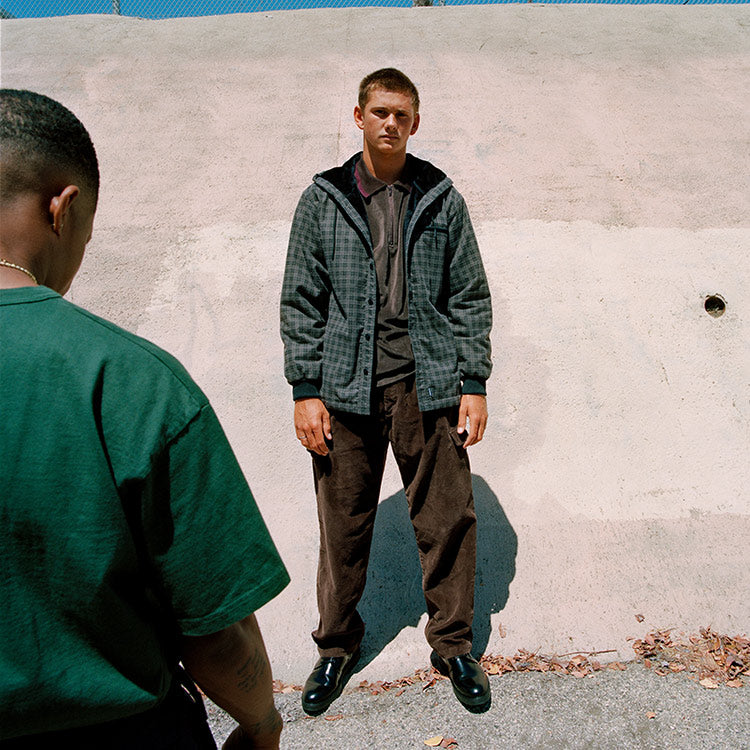
Fall 2019 Look Book
-
07.22.19
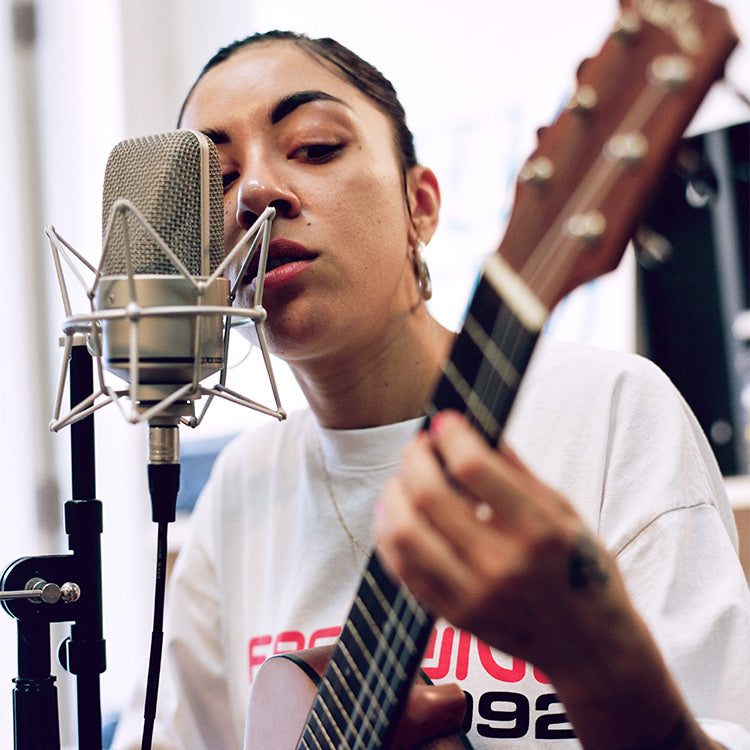
WTFIRGO — Jazzy Romero
-
07.19.19
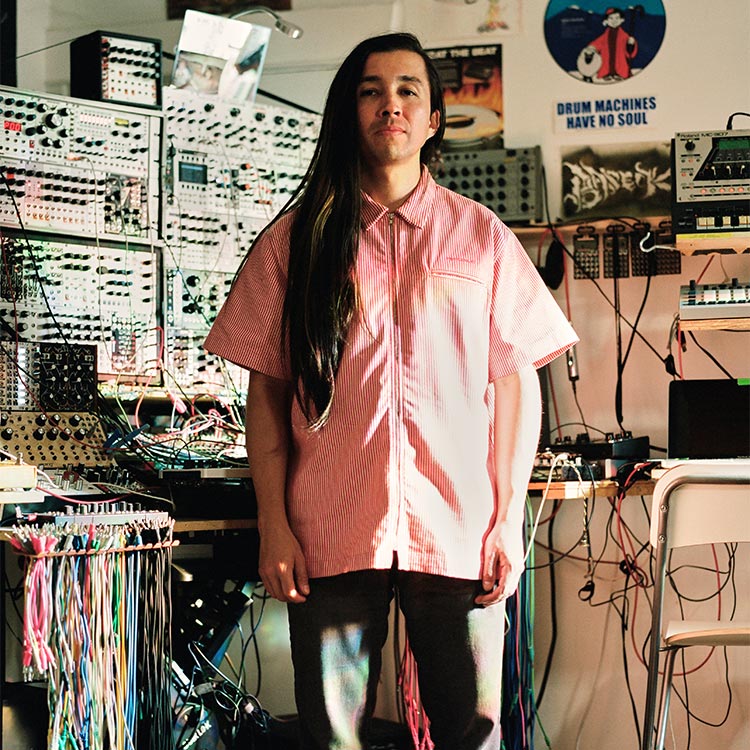
WTFIRGO — BASECK
-
07.18.19
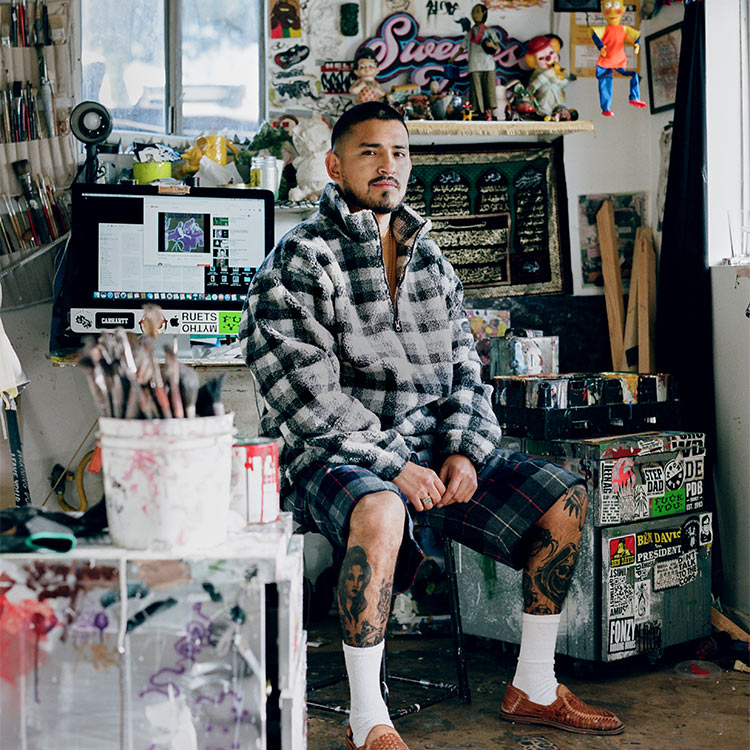
WTFIRGO — Alfonso Gonzalez Jr.
-
07.17.19
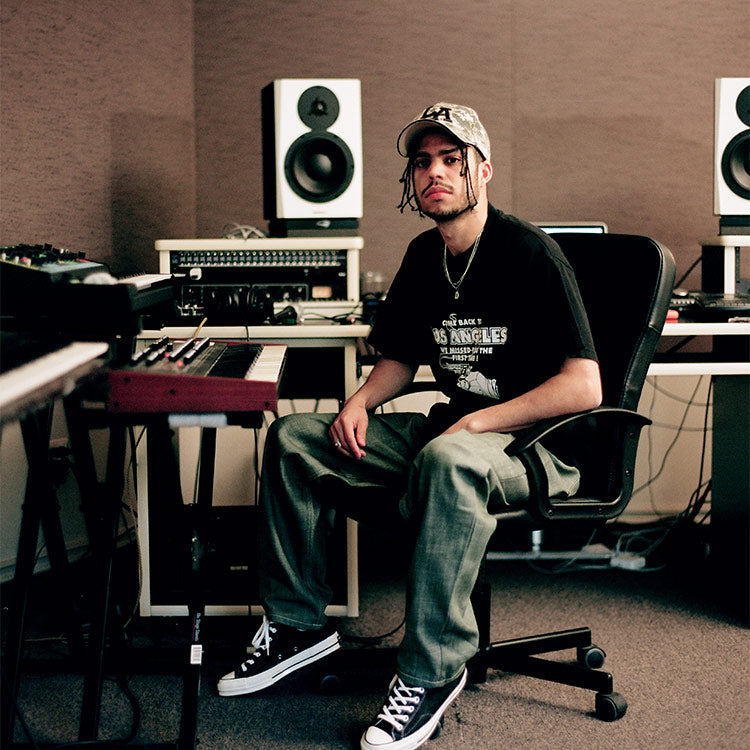
WTFIRGO — D33J
-
07.12.19
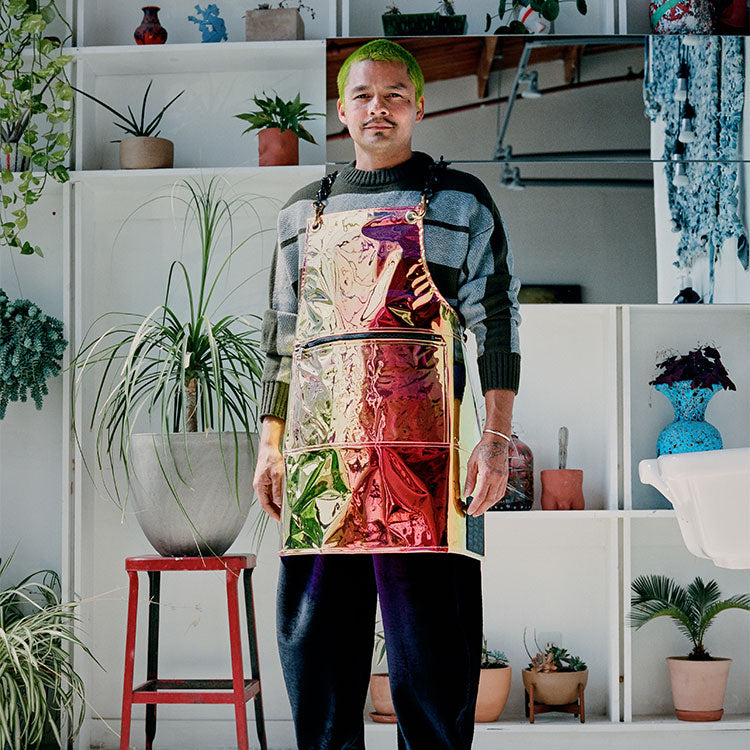
WTFIRGO — Daniel Moon
-
07.09.19
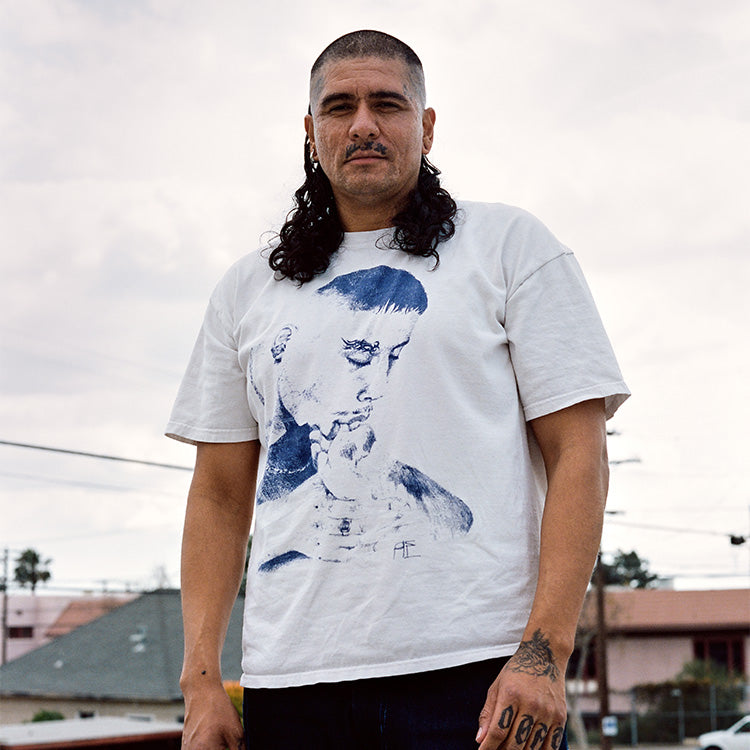
WTFIRGO — Rafa Esparza
-
05.11.19
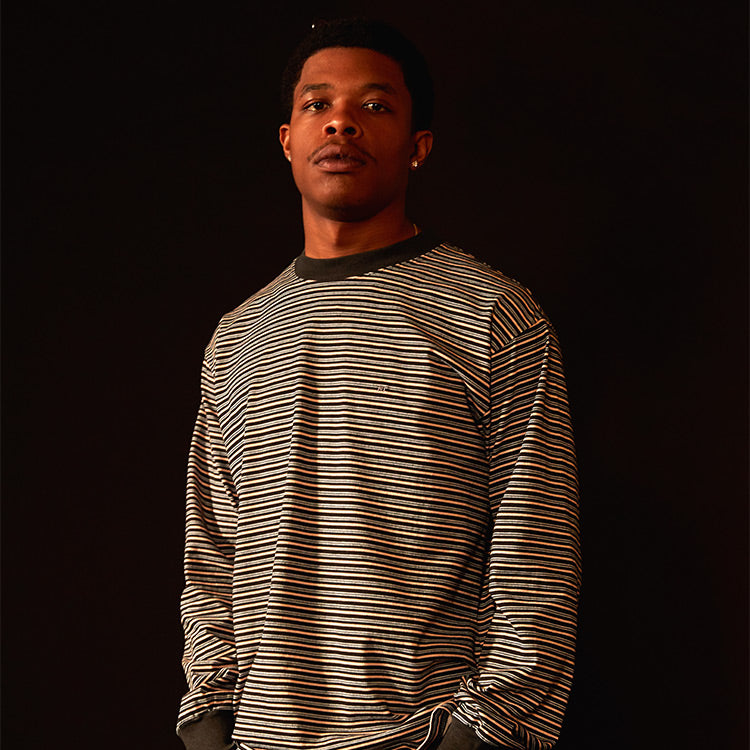
Estnation Capsule Collection
-
05.10.19
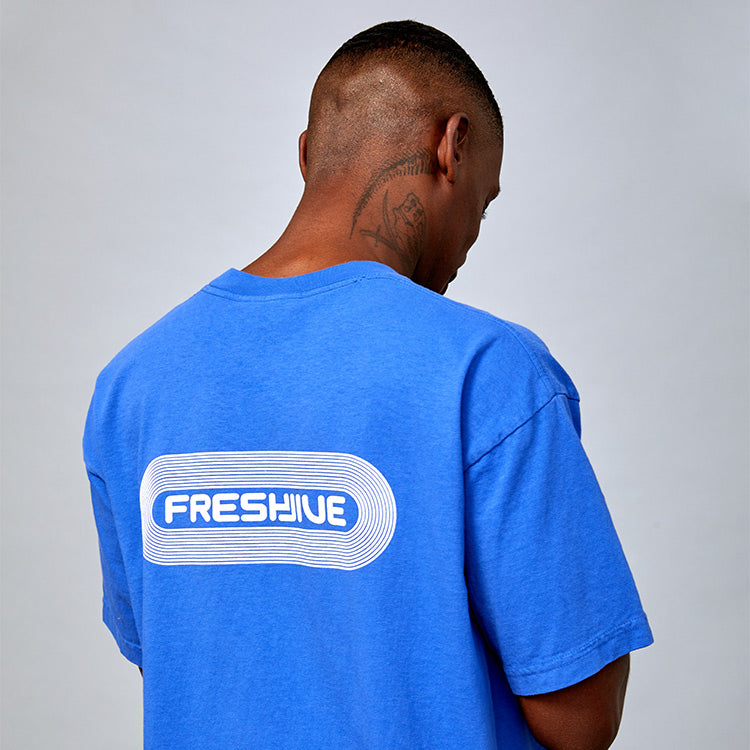
Summer 2019 Campaign (Drop 2)
-
05.07.19
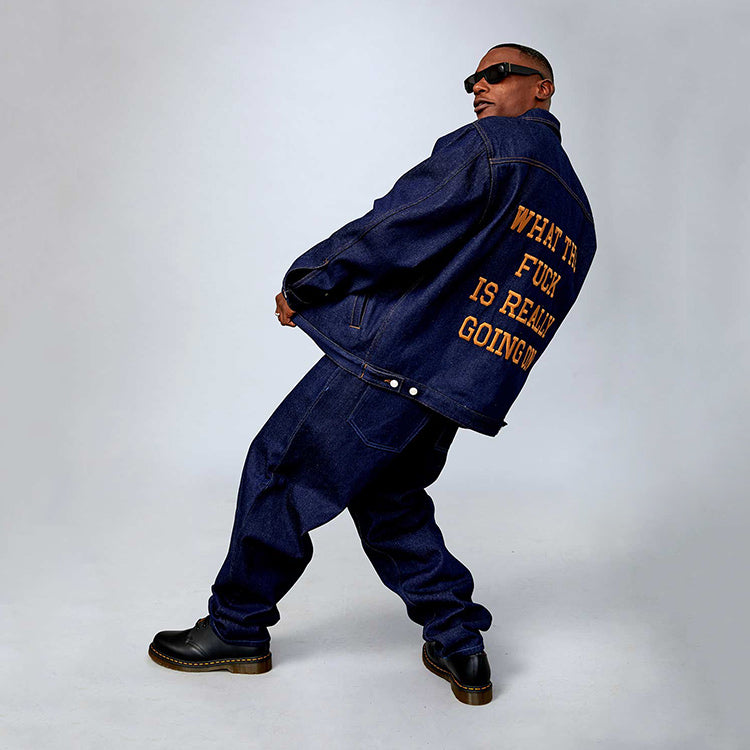
Summer 2019 Campaign (Drop 1)
-
05.07.19
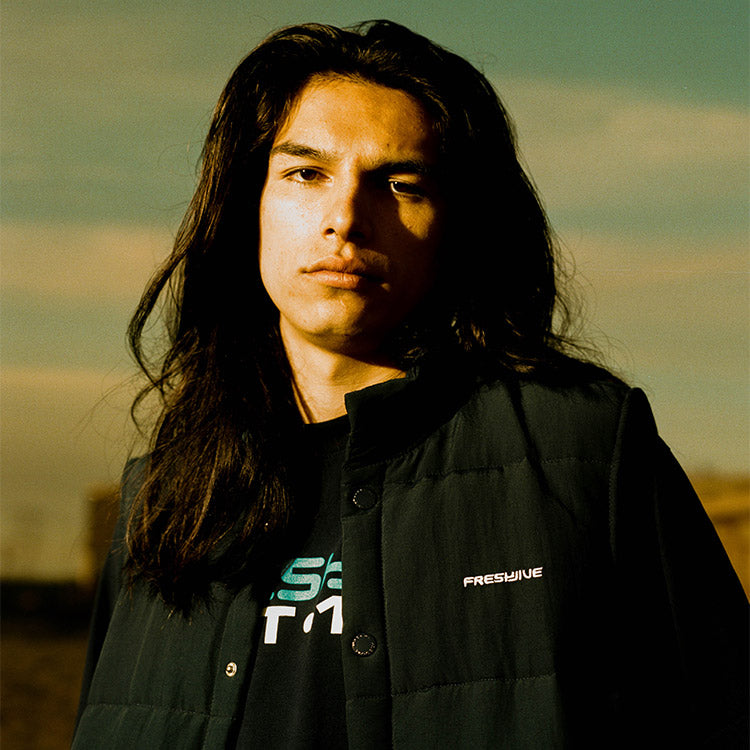
Summer 2019 Preview
-
03.29.19
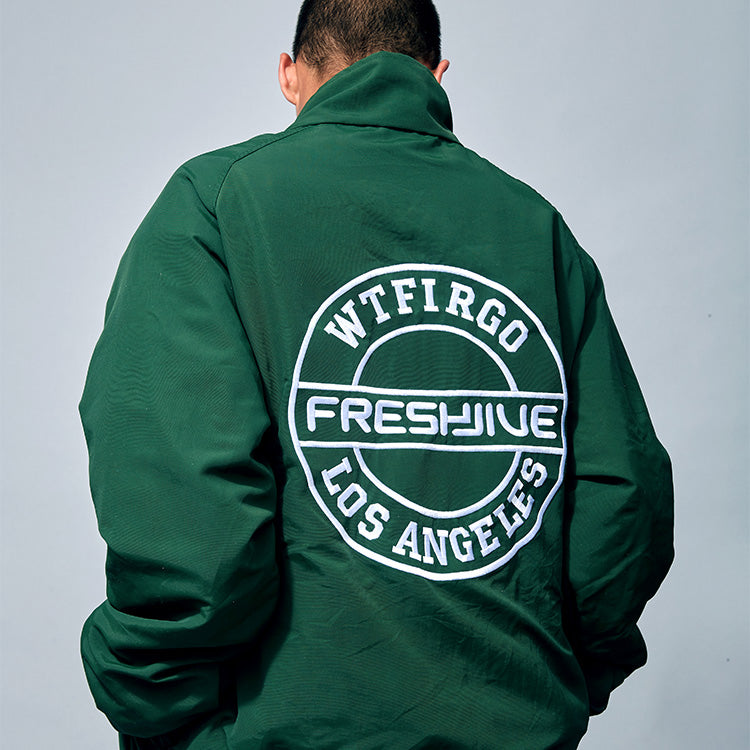
Spring 2019 Delivery 1 Look Book
-
02.26.19
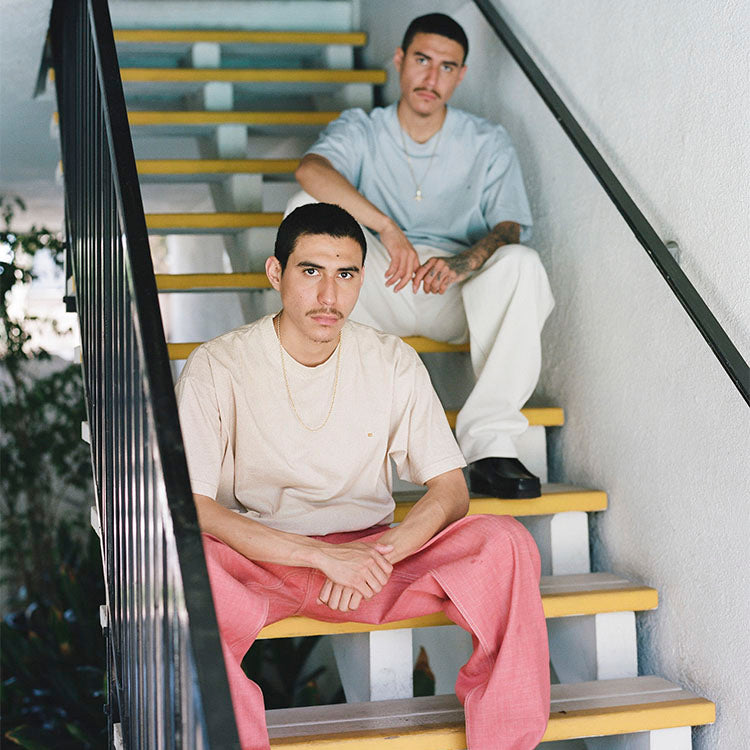
Spring 2019 Preview
-
01.12.19
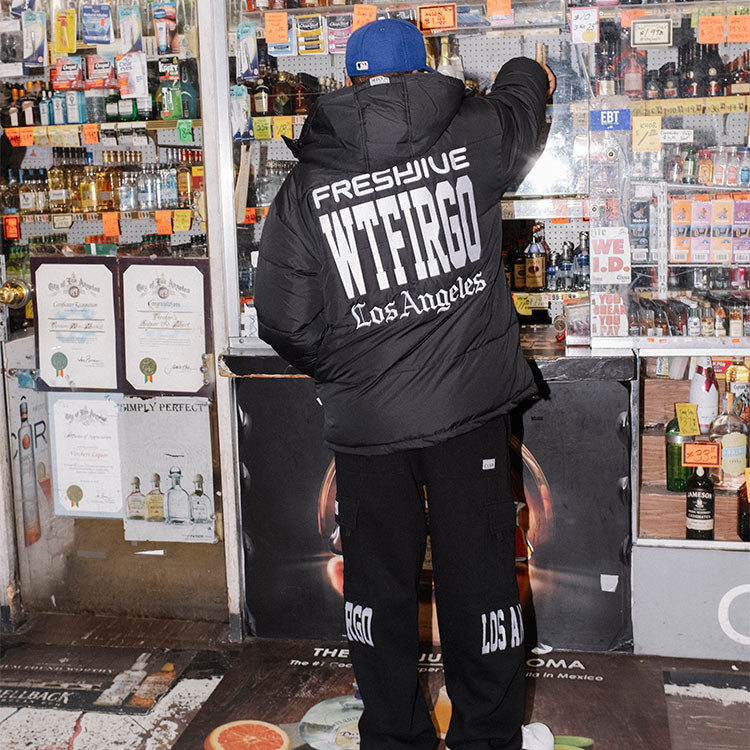
Freshjive X Proclub X Verchers Liquor Store
-
12.31.18
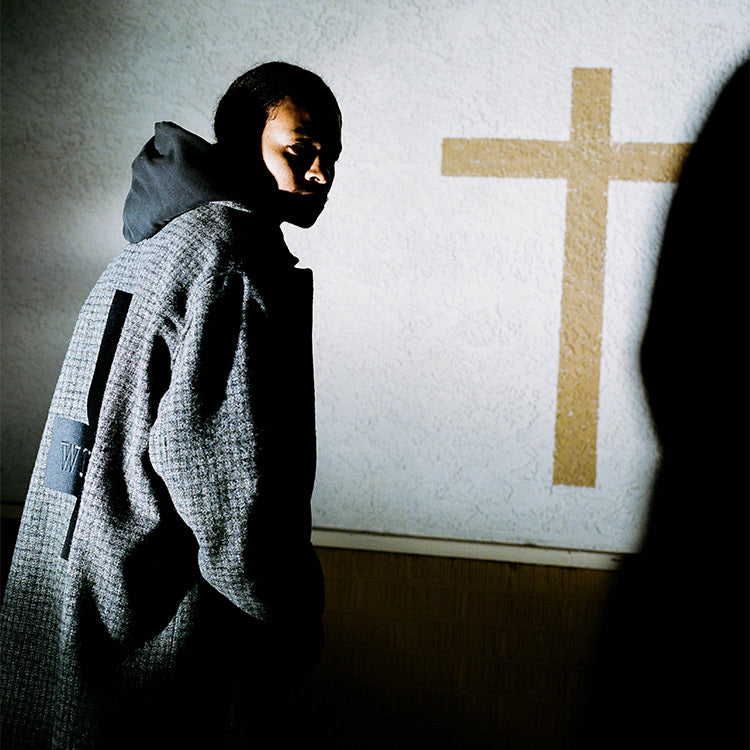
Crosses on Figueroa
-
12.19.18
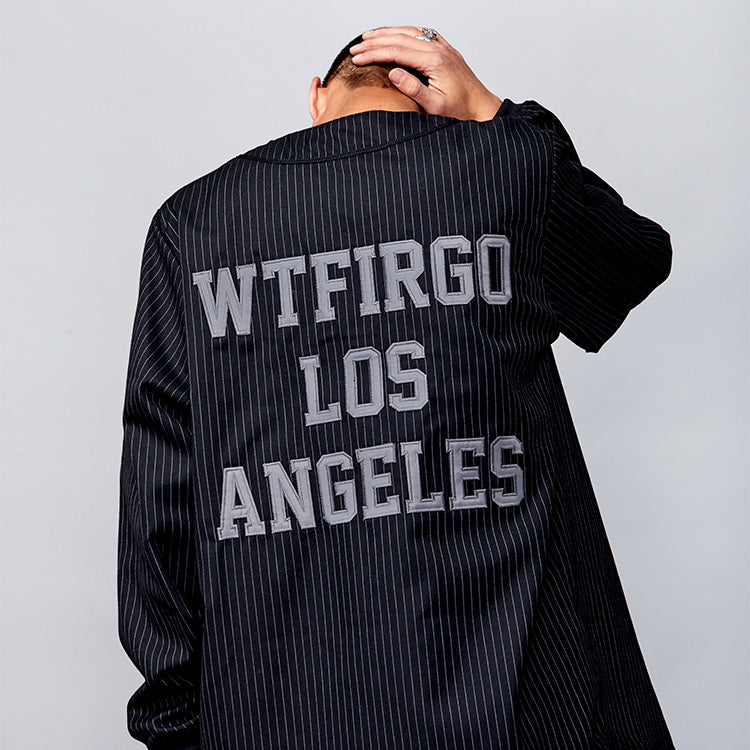
Winter 2018 Campaign
-
12.07.18
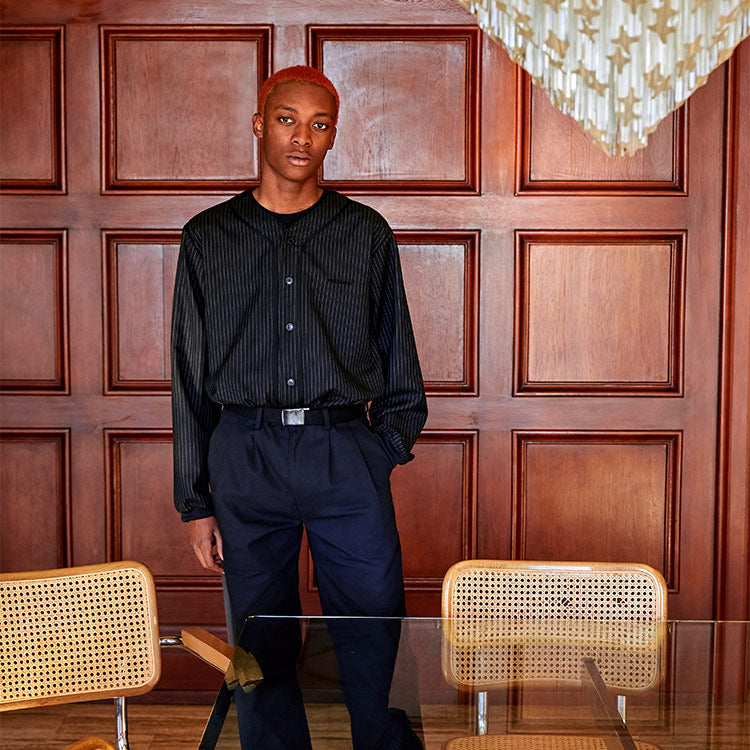
Winter 2018 Preview
-
10.17.18
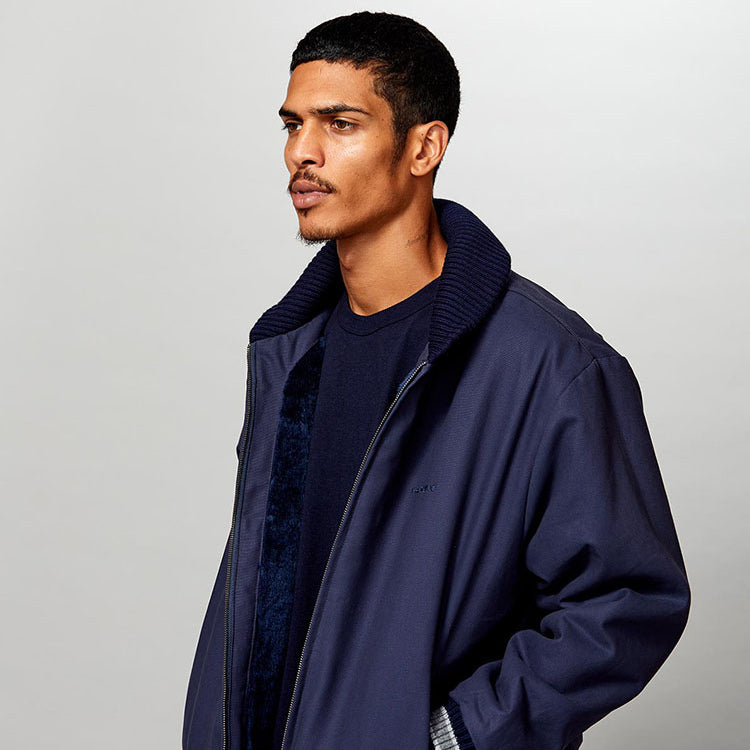
Autumn 2018 Campaign
-
09.13.18
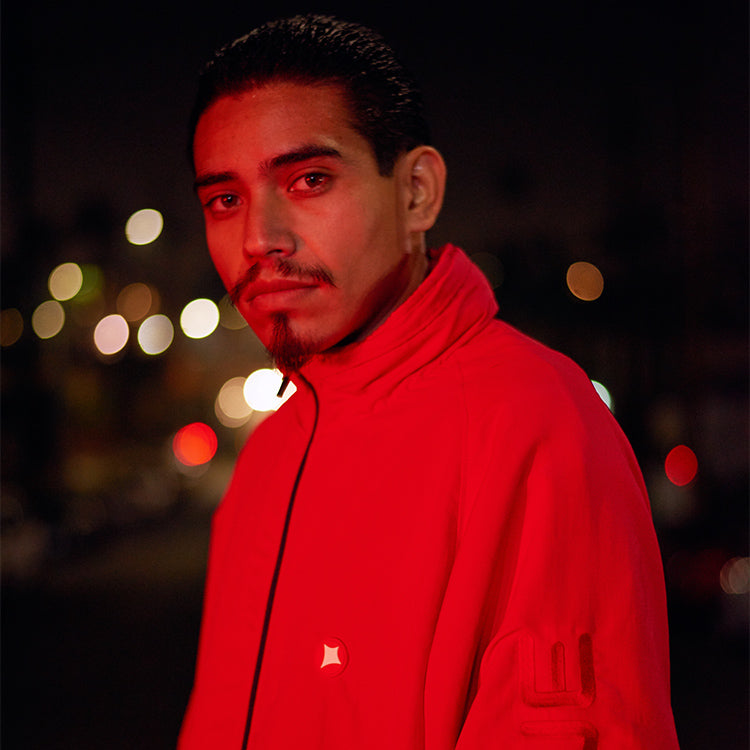
Autumn 2018 Preview
































